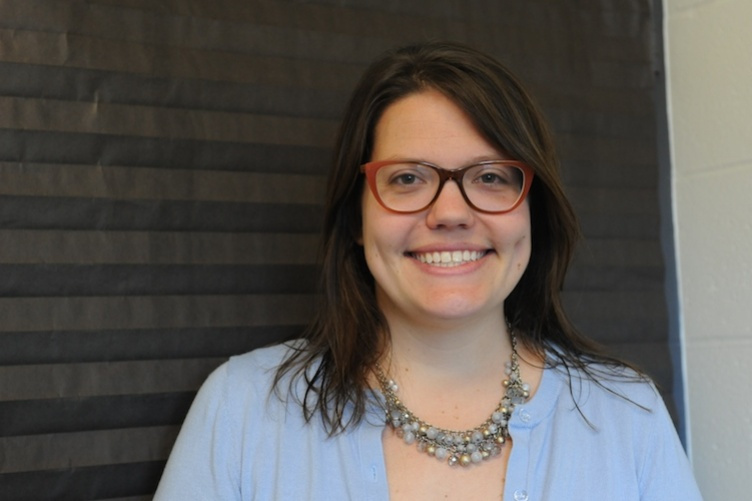
Professor Katie Edwards
A mystery shopper approach uncovered a need for more education about Title IX regulations and sexual assault on college campuses, according to new research from the University of New Hampshire. In particular, there is confusion about which individuals on campus are and are not confidential resources.
“There have been a lot of policy changes to enhance the response to campus sexual assault, but we know very little about campuses’ compliance with Title IX mandates. While the majority of respondents disagreed with rape myths and were aware of campus sexual assault resources, some findings were concerning,” said Katie Edwards, a research and evaluation consultant with UNH’s Prevention Innovations Research Center and associate professor of psychology. “To start with, less than a third of the more than 600 calls made to Title IX coordinators and campus police/security officers were even answered. Small, private and religious schools were more likely to provide incorrect answers than large, public and nonreligious schools.”
While mainstream media frequently reports on campus sexual assault, specifically the failure of colleges and universities to prevent and respond, Edwards found no research that looked at whether college personnel refuted rape myths or were actually knowledgeable about the Title IX regulations that require campuses to prevent and respond to sexual assault.
The majority of research on sexual violence on college campuses focuses on prevalence, social reactions and poor institutional response as identified by victims. In an effort to obtain objective data, the researchers collected data from 358 institutions in 632 calls (to campus police and/or Title IX officials on each campus) by female faculty or graduate students following a script that said they were conducting a class project.
The research found that most institutions provide a variety of ways for a victim to report or talk to someone about a sexual assault and correctly identified mandatory reporters and confidential services. The majority also recognize false reporting of sexual assault is rare.
“These are positive findings, but we received responses from less than one third of the institutions contacted,” Edwards said. “It is possible that institutions were more prepared to answer questions and as a result more willing to engage with the caller. Individuals at campuses with a sexual assault-related Title IX lawsuit filed against them in the past five years were less likely to agree to answer the questions. Additional research is critical to ensuring key campus personnel are available to students given that less than a third answered the phone.”
-
Written By:
Erika Mantz | Communications and Public Affairs | erika.mantz@unh.edu
















































